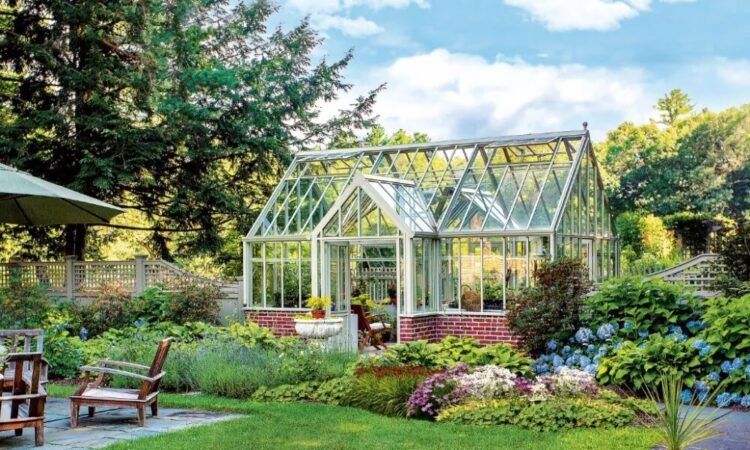
With environmental conscientiousness at its peak, residents are turning to their homes for ways in which they can reduce their carbon impact and lead greener lives. While there are an extensive number of ways that individuals and families can better their environmental habits inside the home, it is outside, in the garden, where the most significant impact can be made.
This sustainability potential is just one of many reasons as to why garden spaces are becoming increasingly sought after, being one of the most requested features among those looking to buy a new home. To show you how you can make the most of your garden space and improve your carbon footprint, we have four features that will transform your garden into an ecological paradise.
Eliminate Food Waste
Food waste is known to be one of the most significant contributors to carbon emissions. So much so, in fact, that if food waste were a country, it would be the third biggest contributor to carbon emissions behind only America and China.
To help, residents can reduce their own food waste and create a compost system in their gardens. This simple feature, one that can be as simple or as complex as residents like, takes up a small portion of a garden’s space and consumes the majority of a home’s food waste, using it to create nutrient-rich soil that can then be used to support a more beautiful and healthy garden.
Compact Solar Panels
Technology has come a long way since residential solar panels were first introduced. Now, panels are more affordable, efficient, and even smaller. This means that residents are not only limited to putting panels on their home roof but also mounting them in their garden.
These compact solar panels can be attached to sheds and log cabins, and then used to charge a variety of vehicles, assets, or even home batteries, which can then be used to power devices in the home.
Growing Food
In addition to preventing food waste, residents can begin growing their own food. This not only helps to create a rich agricultural environment in the neighbourhood, one that benefits local wildlife and the activity of pollinators, but also reduces a home’s food consumption.
While this may be rather small, depending on the time you can put into growing and the size of your garden, residents are also likely to see their diet improve, as well as their mood, as they spend more time in the garden, eating what is grown.
Save Rainwater
In the UK, there have been a number of restrictions placed on hose pipes in an effort to curb the consumption of water around the country. One of the ways that residents are able to navigate this limitation while still being able to keep their garden watered, is to collect and save rainwater via Waterbutt.
With the simple installation of a water-butt, homeowners can have regular access to water without impacting the environment, giving plants the ability to thrive even during warmer periods.
